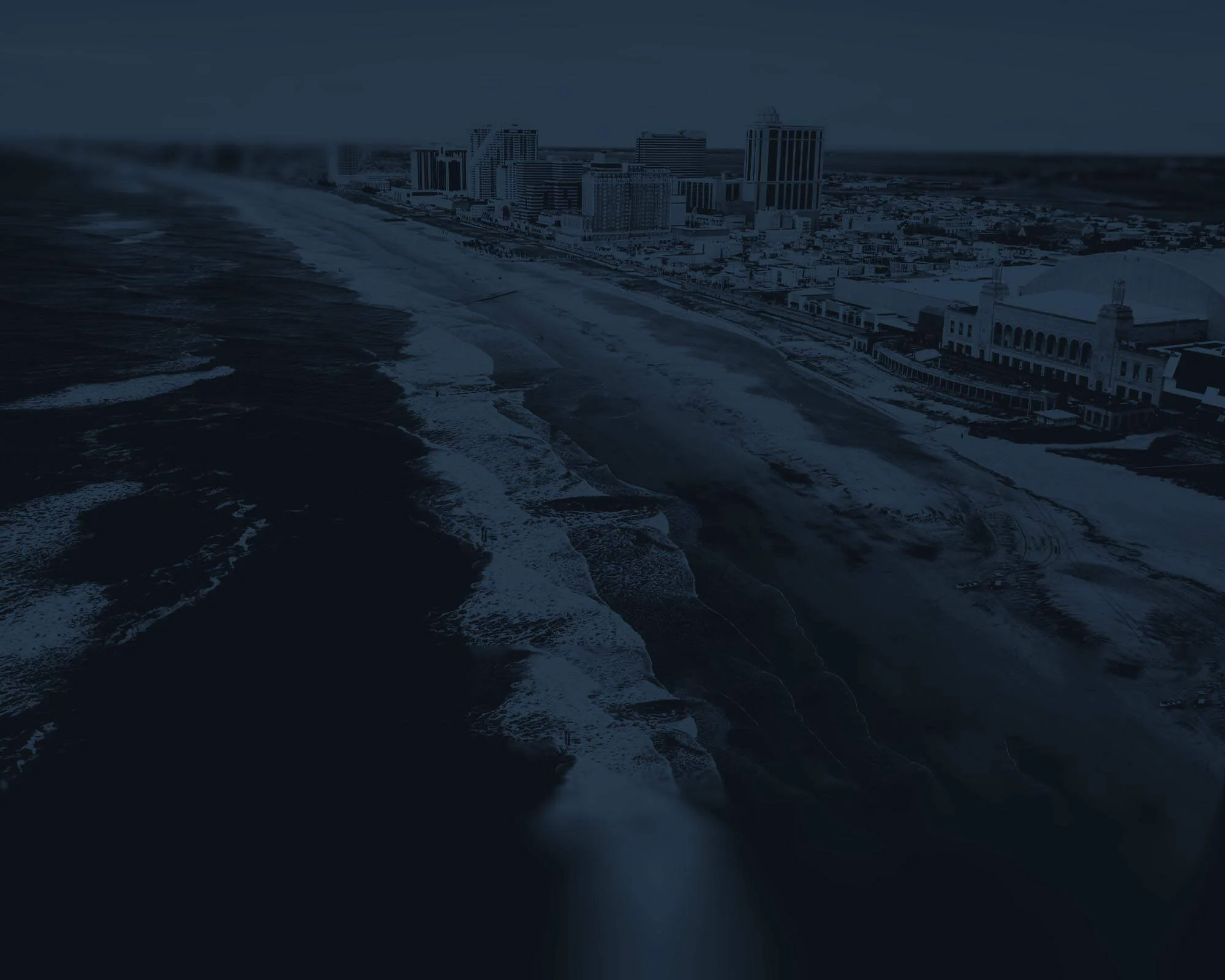Atlantic City Public Intoxication Lawyer
A person who is intoxicated to the point where they are putting the safety of themselves or others at risk can be accused of public intoxication. Public intoxication is also known as “drunk and disorderly” or “drunk in public.” A person is considered intoxicated if they are unable to care for their own safety or the safety of others or if they obstruct or interfere with the use of a public path or street.
Public intoxication laws vary by jurisdiction. In most places, it is considered a criminal offense. However, New Jersey has decriminalized public intoxication. Instead, the focus is on ensuring that the intoxicated person is taken to a safe place away from the public.
What the Law Says
NJ Rev Stat § 26:2B-16 defines public intoxication. It states that anyone who is intoxicated in a public place may be assisted by a police officer to an intoxication treatment center or other facility. To determine whether a person is intoxicated, the police officer may order the person to submit to a reasonable test, such as those involving coordination, breath, and coherency of speech.
The law allows a police officer to use force when reasonably necessary to carry out authorized responsibilities, as long as it does not inflict physical injury.
If the police officer reasonably believes that the safety of others is in danger, they may search the intoxicated person and his immediate surroundings to locate and seize any dangerous weapon that can be used to harm others.
A person who is assisted to a facility due to alleged public intoxication is not considered to have been arrested, and there will be no record entered to indicate that they have been arrested.
Secondary Offenses
While a person will not be arrested for simply being out in public while under the influence of drugs or alcohol, they could be arrested for secondary offenses. For example, if an intoxicated person behaves in a way that is disruptive, aggressive, or endangers others, they could be charged with disorderly conduct. This crime is punishable by up to 30 days in jail and/or a fine of up to $500.
Alcohol laws also apply. Open container laws and underage drinking in public spaces are prohibited and could lead to charges. Also, while recreational cannabis use is legal for adults 21 and older in New Jersey, public consumption is not allowed. Public use can result in fines.
There are also health and safety concerns involved with being intoxicated in public. Authorities may intervene if they believe a person’s level of intoxication poses a danger to themselves or others. If someone is injured, this may result in a crime.
Contact Our Atlantic City Public Intoxication Defense Lawyers Today
While public intoxication in itself is not a crime, being under the influence of alcohol or drugs can lead to other crimes. That’s why it’s important to be responsible and sober while in public, while other people can be affected by your behavior.
If you are facing criminal charges related to public intoxication or some other crime, you need an experienced New Jersey criminal defense lawyer on your side. Seek legal help from The Law Offices of Melissa Rosenblum, LLC. We are ready to advocate for you and fiercely defend you. Schedule a FREE consultation today by calling (609) 904-6262 or contacting us online.

